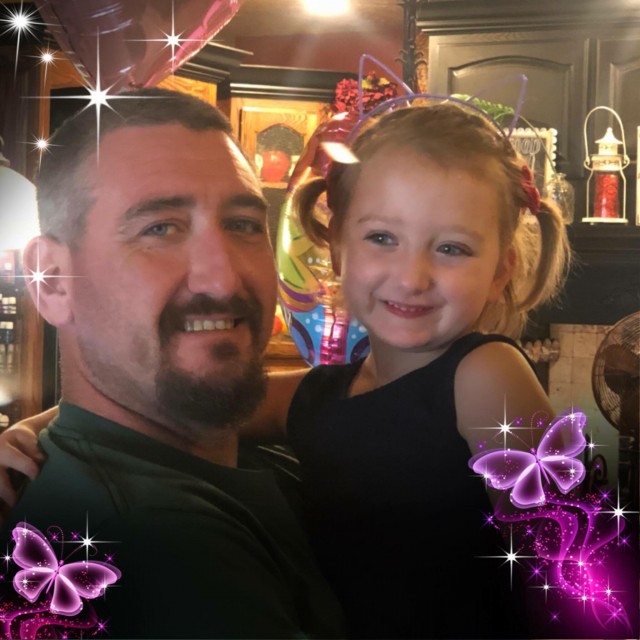Children and Death
Children and Death
When someone in our preschool family hurts we all hurt. Today Savanna’s dad Charlie passed away. I’ve known Charlie and his family a long time and my heart hurts.
Savanna told her mom this morning she wanted to come to school. They called to ask if it was appropriate or the right thing to do. Absolutely! Savanna feels safe here . This is her normal. Normal routines make us feel better.
Why am I telling you ? One because we are a preschool family and I know you would want to love on and pray for this family. Two – kids talk. Only a few times today has Savanna said “My daddy died.” The thing is she doesn’t understand yet what “died” means. I am sure she will still expect to see her daddy walk in. The majority of our children don’t understand the permanence of death. I am going to share with you a few things I have learned over the years about helping children who experience death in their family.
1. Don’t instigate the conversation. If they bring it up listen to their version of what death is and reassure them they are loved and safe.
2. Things NOT to say. “He/ she is in heaven watching over you .” Though it might be true and comforting to an adult to a child that can be creepy. Imagine going to bed at night ( you are three ) and feeling like someone is watching you sleep.
3. If you say they were sick make sure you emphasize they were very VERY sick. The next time they are sick they might think they are next.
4. Don’t say ” He went to sleep .” They May never sleep again.
5. Though they aren’t sure what death is yet they do feel the heaviness and know something’s wrong. Sometimes it will bring up a memory of someone else passing. Today Ariah cane to me and said ” My Jeremy had a motorcycle wreck and died .” My reply – ” I’m sorry Ariah. Are you ok ?” I hugged her and she went to play.
I’m not sure how we can help Savanna’s family yet. When I hear of a need I will reach out. Please cover the family in prayer.

Here is some information from Arkansas Children’s Hospital that might be helpful.
Charlie you will be missed.
When children are upset or stressed, parents want to say things to help them feel better. There are times, however, when there are no good words to make the hurt feelings go away. One of these times is when a child experiences the death of a family member or friend. This can be a very difficult time, especially if the parent is also grieving the loss.
Grief is what a person feels when someone or something is lost. Children need help to understand what has happened and to express their feelings of grief. This expression of grief is called mourning. Children feel grief on their own, but they need help finding ways to mourn. There are no magic words to say, but there is much a parent can do to help a child cope with the death of a loved one.
Helping Your Child
Explaining Death
Explaining death to a child should be done with care so that the child is not confused or unnecessarily frightened. A young child may not be able to understand the difference between “gone to heaven” and “gone out of town”-the child may be waiting for the person to return. A family’s religious faith can be a great source of strength, but it should be related to a child in a way that he or she can understand. Some religious concepts (for instance, the Christian concept of resurrection) may too abstract to comfort a young child. Likewise, care should be taken when comparing death to familiar events in life. Comparing death to sleep, for instance, can cause a child to fear going to sleep.
Children need honesty about what has happened to help them understand and accept the reality of death. A parent or other caregiver needs to explain what happened to the person who died in a way that the child can understand. It is not necessary to give all the details, and the age and maturity of the child need to be considered. A death due to violence may be especially difficult to explain. A child may hear comments about the death from others and have questions about what really happened. Honesty helps a child understand that it’s okay to talk about what happened and helps a child to cope with death. Dealing with what we know can be much easier then dealing with what we don’t know.
